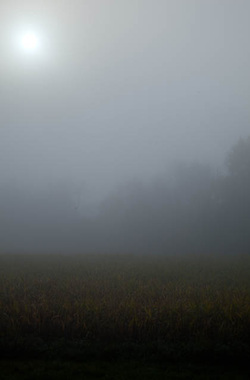
My first memory of looking forward to fog and mist was the waterfall at the Tankerhoosan Lake. The lake was the source of water for the trains with steam engines (a Dutch word). I remember the constant flow of water rushing onto the rocks below, and the misty fog rising from the rocks back up the falls to the lake, which in the fall of the year, was hidden in its own early morning fog and mist.
Here was a simple pattern of falling and rising and falling.
The lake did not experience the abrasive, noisy explosions of gasoline powered boats, only the slosh and skimming of an occasional
canoe.
Yes, it was stocked with trout the week before fishing season began, and then emptied on the first day by a line of poles all around the lake. After that one day only a boy scout appeared with a pail and worms to entice at most an 8 inch sunfish. Here were fish who played the game well; nibbling the edges of the worm up to the hook and then moving on.
My strategy for freedom had begun early; coming up with a plausible reason why I needed to leave my childhood house. I employed several strategies, reinforcing them each time I used them.
But first, what was I longing to experience?
I sensed presences in the mist and water and fog. Mist was youthful, and the most free to move quickly given the slightest opening. Fog was the elder, the slow moving giant of the ancient folk lore, who was safe to enter and joyfully, I was lost to everyone inside the fog. Like the slow lumbering giants of folk lore, the fog was protective and
never intrusive. No wonder I longed to develop as many plausible reasons to leave the house as a child, and
experience the over-arching love of the giants, the trees and the fog, as if they were waiting patiently for me to arrive in the fog filled woods or row my little boat out and be lost in the world of my protector, the unmovable fog over
the lake.
I continued applying my imagination to my strategies of escape into the larger world, well into my adult years when it was no longer necessary or needed.
When it came to freedom of thought and movement, my plausibility strategies were my method,
until I grew up in my 40’s.
My most memorable mentor in this regard was a poem by William Stafford. He held his feet responsible for leaving a meeting or a place restricting his freedom of expression and to be.
When a gathering of people were expressing what was contrary to his soul, he said it was his feet. They picked up on this dangerous dynamic first, and began pushing against the ground as he sat in a chair. Then they carried him
outside onto the gravel parking lot and home. He invited my leaving with him: “If you have feet with standards as
well, then you …”
Once my family acquired a dachshund, I was given a priceless plausibility strategy. Madchen enriched my denial capacities just like William Stafford blamed his feet for his escape… It was golden.
OK. I’ll come clean. I need to be alone, where no one can find me—in the middle of fog,
somewhere in “that” woods, at the beach (5 miles long). First I just hid in my house as a child. Then I mimicked my Dad. “I’m going to take a walk in the backyard.” Then “I want to look for lucky stones on the beach.” I added, “I want to catch frogs in the swamp.” Then I could include, “I have to take the dog for a walk.”
My crowning plausibility achievement has become this: photography. “I have to get up at 5am and be there before dawn.”
The truth you ask? I need to be alone. Something happens to me which is so good and grounding and fills me with contentment when I am alone. It’s as if my sharp edges become smooth—that includes my sharp tongue,
the claws of my monkey mind jumping from tree to tree leaving scratches everywhere. I become patient and
accepting of me, once more, and if I can for me, then I can for you.
“I have a photo shoot that day” sounds plausible, may be true, may be a possibility that might happen. But it is my crème de crème, my best ever. How can you argue with that?
I know. I know. I know, already—to even whisper, “I need to be alone” is something you wish you could also say—just like that. People think you must be unbalanced or weird. I remember Brother David saying in the Good Earth Catalog, he never put a worm on his hook when he went fishing. He just wanted to sit beside a lake and be alone. So he put not worm on his hook. That way he wouldn’t be distracted by catching a fish. He wished he could someday just go to a lake a sit there, without a pole.
I need to be alone. There, I said it again, and the sky did not fall on me.
So that is why I wrote all this. If you are like me, and I bet you are, you have been using your imagination really
hard. It’s a full time job coming up with plausibility and deniability phrases.
William Stafford used his feet. I really appreciate knowing that. I’ve used the dog, the garden, frogs, lucky stone, but now that I’m pretty good, no one can disarm my best sentence ever. “I’ve got a photographic shoot that
day.”
You need to be alone, maybe as desperately as I. All I can say is, it’s a full time job creating strategies.
But I come back loving everyone again, and better, with patience and kindness I did not have when I left.
Just don’t tell anyone, “I need to be alone.”
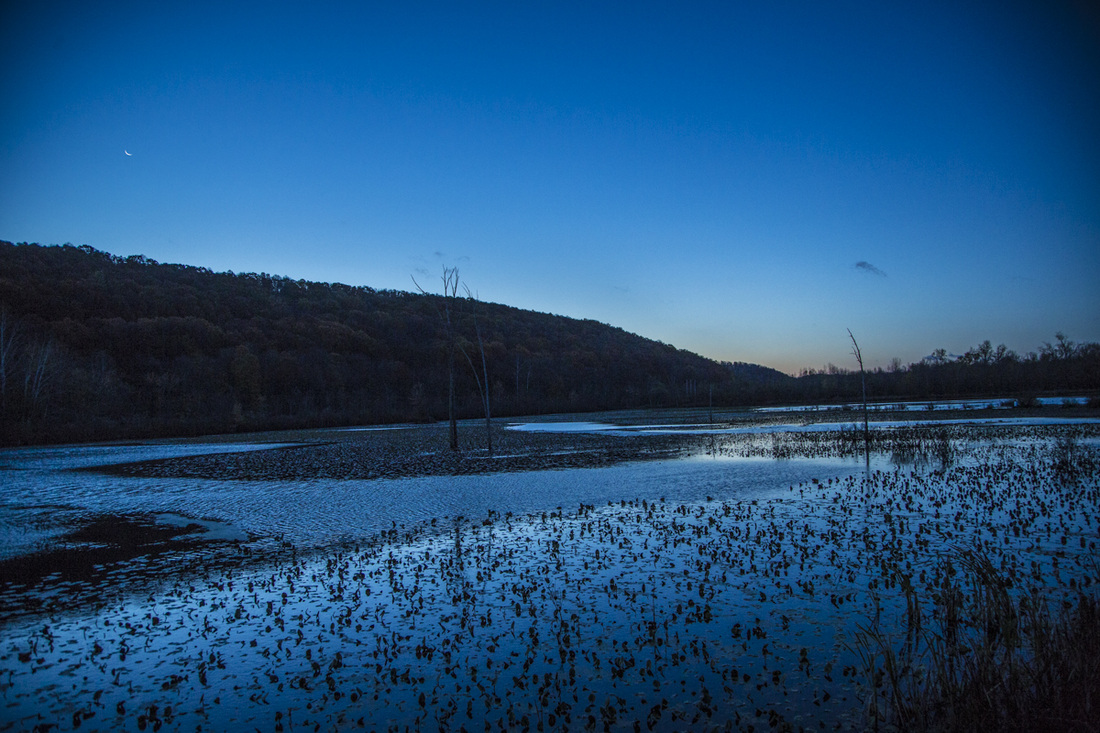
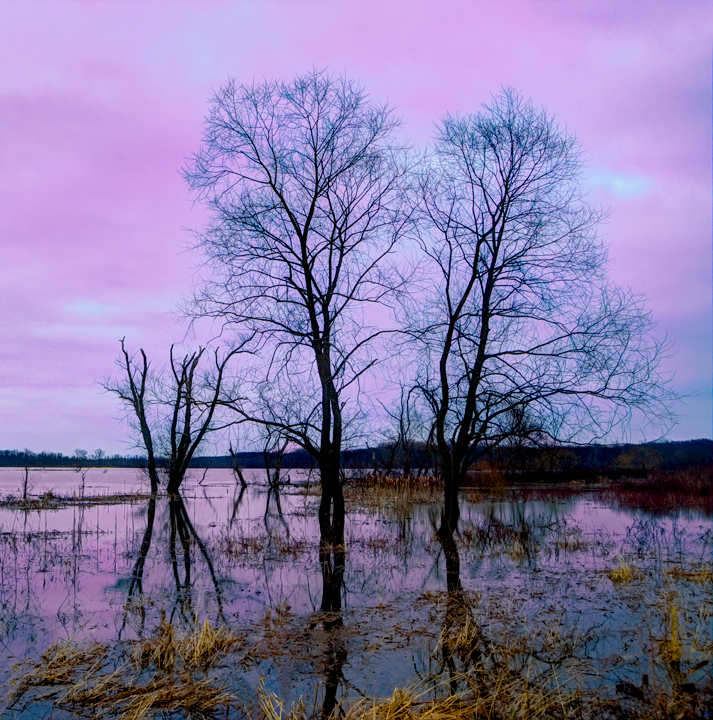
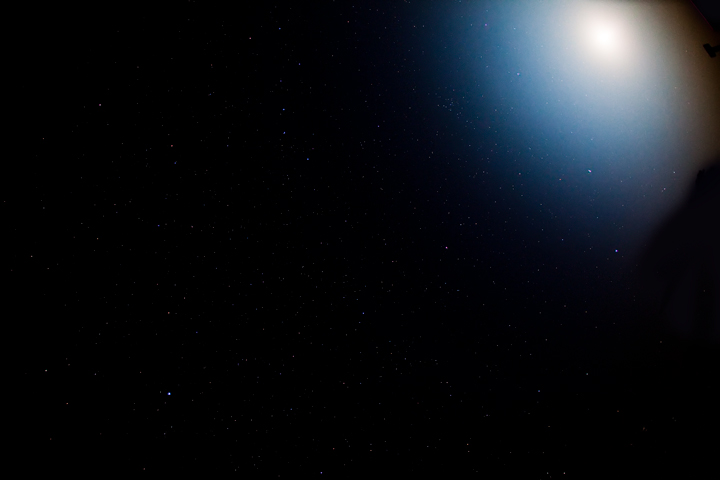
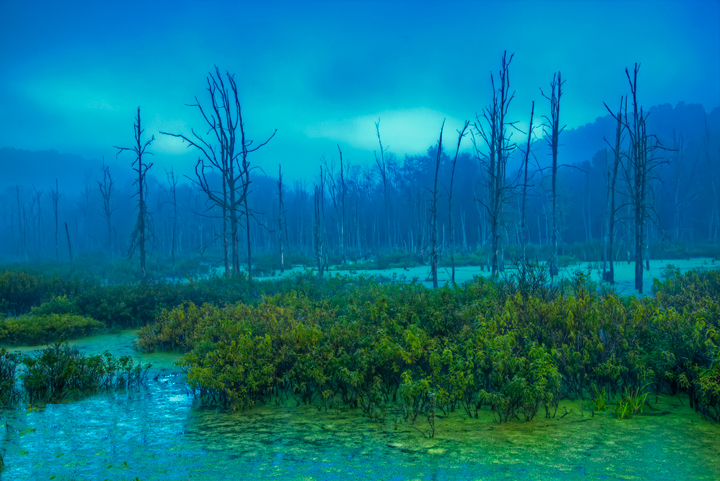
 RSS Feed
RSS Feed